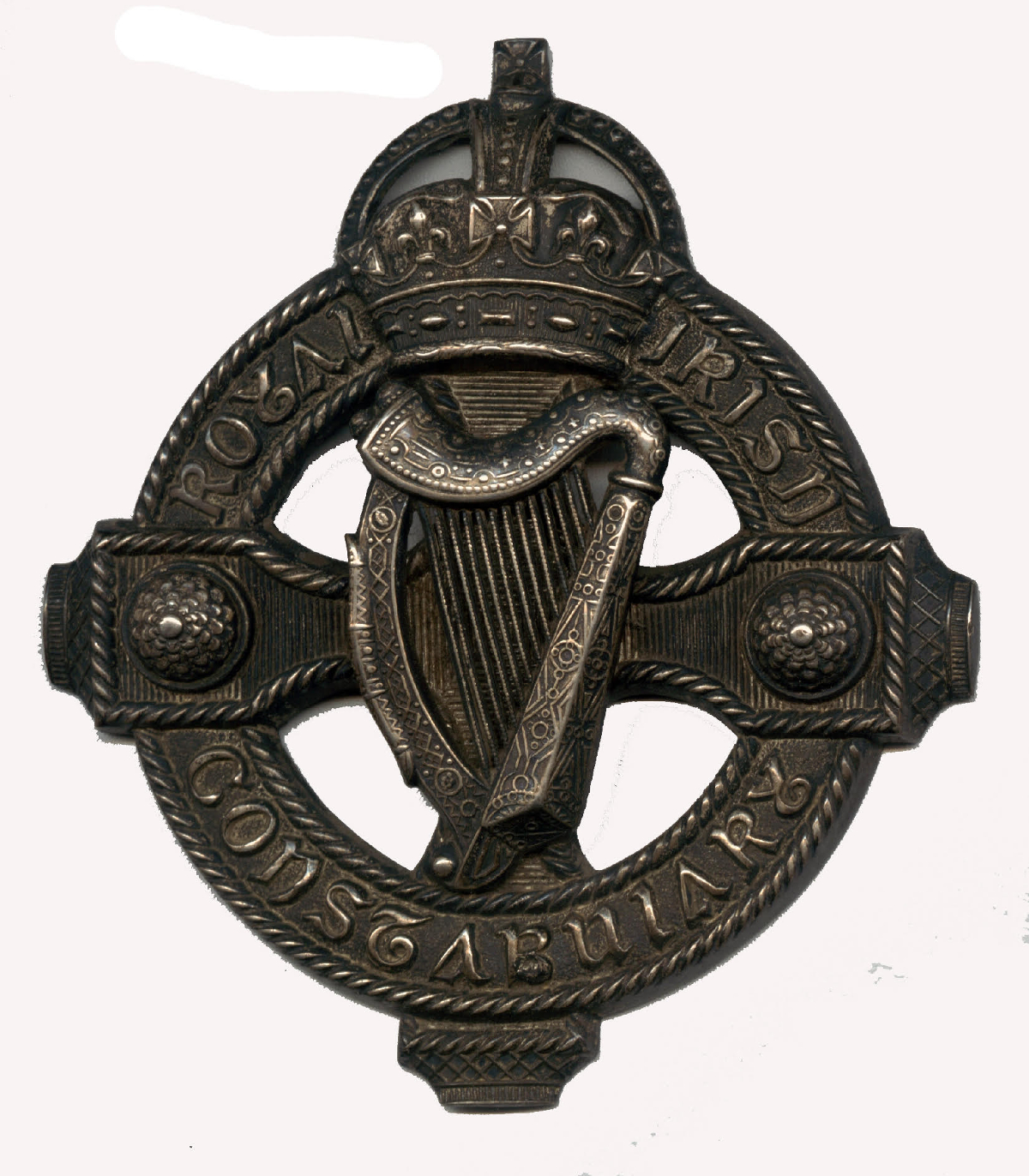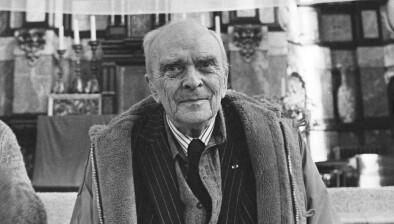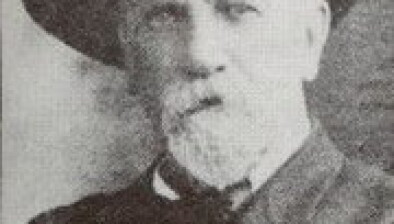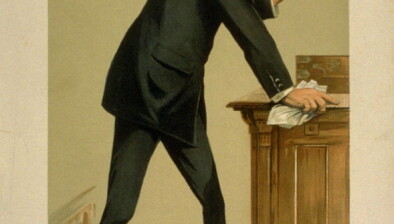Irish Legal Heritage: The only policeman in Ireland to be sentenced to death

Badge of the Royal Irish Constabulary
On the 29th of June 1871, Royal Irish Constabulary inspector Thomas Hartley Montgomery robbed the Northern Banking Company in Newtownstewart, County Tyrone and murdered cashier William Glass.
Montgomery had been a bank clerk, but had passed the exam to secure the position of district inspector. He was living with his wife in Newtownstewart, where he became friends with 25-year-old Glass who was studying to become a RIC officer. Through that friendship, Montgomery knew that Glass was going to be on his own in the office on Thursday the 29th of June 1871.
At around 3 o’clock that day, witnesses heard a commotion from inside the bank, with one boy saying he heard groaning “like a cow being slaughtered” (The Spectator, 30 August 1873). Glass’s body was found just after 4 o’clock, his head “covered with deep gashes, and a sharp-pointed copper file driven from ear to ear through his brain”. (M McDonnell Bodkin, Famous Irish Trials (1918)).
Being the local RIC officer, Montgomery took charge of the investigation. However, it wasn’t long until he was found out. Having asked another RIC officer during the investigation “could the last person coming out of the bank be convicted if he had no blood on his clothes?”, it was discovered that Montgomery was the last person to come out of the bank after the murder. This, together with eyewitnesses putting him at the bank around the time of the murder, and the knowledge of Montgomery’s considerable debt, led to his arrest for the murder three days later.
Six months after the crime, a young boy found some of the missing notes in Grangewood, and a total of £1,500 in notes and £30 in gold was discovered nearby under a large rock which “had to be lifted with a crowbar”. One of the weapons Montgomery used in the murder – a pruning knife – was also found nearby.
After two inconclusive trials, Montgomery was found guilty and sentenced to death. Protesting the sentence, Montgomery pleaded that he was “in a state of complete insanity” for twelve months before the murder, that he lost “enormous sums of money”, and that this led him to become vicious and possessed with a “mono-mania for attacking banks”. Rejecting his plea, Lord Justice Barry “who had never before doomed a man to death, was affected to tears as he delivered the terrible sentence… and urged him to appeal for mercy to God.” (M McDonnell Bodkin, Famous Irish Trials (1918)).
The only policeman in Irish history to be sentenced to death, Montgomery was hanged in Omagh Gaol on Tuesday the 26th of August 1873. In the days after his death, the Spectator published an article stating that the world was “well rid of Thomas Hartley Montgomery” who was “…possessed by the demon of greed, haunted by anxiety, straitened by the narrow means which, but for the promptings of that demon, would have sufficed, grasping at every shilling he could get, having gambled away the moneys entrusted to him by his own, and in debt to his wife’s relatives”, condemned to death for the murder of a friend who had trusted him (The Spectator, 30 August 1873).
The building where the murder took place housed the Northern Bank for another 140 years, where the bloodstained counter was preserved inside a glass case until the bank was closed down in June 2012.











